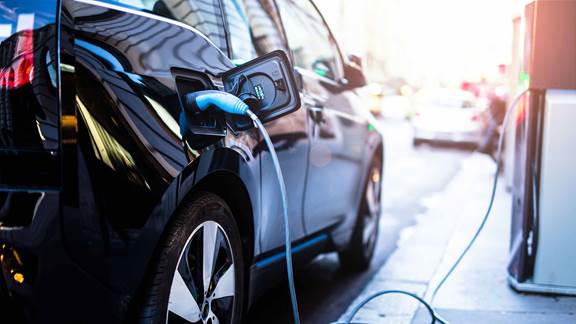The rise of electric vehicles has opened up new business opportunities to more than just car manufacturers. Below, we lay out the potential opportunity for three types of business: Banks, Supermarkets and Home Utilities Providers.
Cars are entirely necessary to the lives of many UK families. And that translates into big spend. For all the talk of multi-modal transport and car-free cities, the personal vehicle isn’t disappearing anytime soon, particularly in rural areas. Whilst 1 in 3 urban households are car-free, the same is only true for 1 in 20 rural households.
The average UK household spends
- £1518 a year on vehicle purchases & financing
- £1092 a year on fuel
- £515 a year on vehicle insurance
- £317 a year on servicing and repairs
- £104 a year on parking, garage rent and car washing
Plus ancillary spend on things like driving lessons, spare parts and driving accessories.
The UK government has pledged that half of all new car sales will be hybrid or electric by 2030. Families are familiar with the costs of petrol and diesel vehicles; they understand how to budget for them. Moving to electric would mean grappling with a new arrangement of costs. It would also mean fitting in charging stations and home charging with everyday life. There are opportunities for many businesses - from retailers to banks to utilities providers - to help ease this shift to electric.
